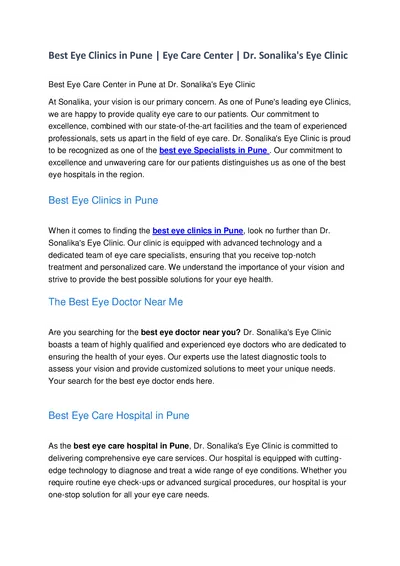PDF-Care of the Expectant Mare Patrick McCue, DVM, PhD, Diplomate ACT Tas
Author : olivia-moreira | Published Date : 2015-08-31
b red to avoid the stress of the procedures and avoid sedation while pregnant It is recommended that pregnant mares be transported only when necessary The mare should
Presentation Embed Code
Download Presentation
Download Presentation The PPT/PDF document "Care of the Expectant Mare Patrick McCue..." is the property of its rightful owner. Permission is granted to download and print the materials on this website for personal, non-commercial use only, and to display it on your personal computer provided you do not modify the materials and that you retain all copyright notices contained in the materials. By downloading content from our website, you accept the terms of this agreement.
Care of the Expectant Mare Patrick McCue, DVM, PhD, Diplomate ACT Tas: Transcript
Download Rules Of Document
"Care of the Expectant Mare Patrick McCue, DVM, PhD, Diplomate ACT Tas"The content belongs to its owner. You may download and print it for personal use, without modification, and keep all copyright notices. By downloading, you agree to these terms.
Related Documents














